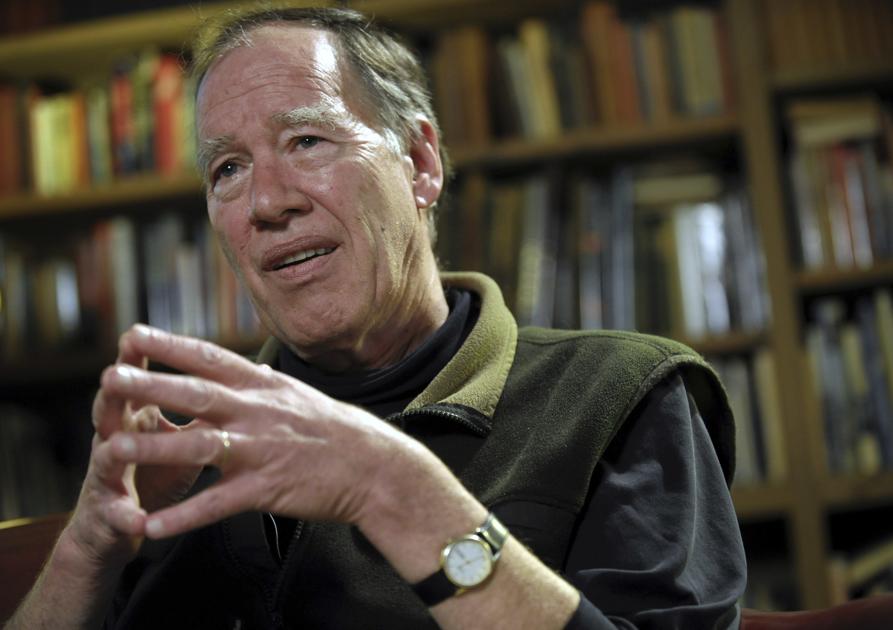
WASHINGTON, Conn. — Journalist and author George Krimsky, who covered Charles Manson’s arrest, the Lebanese civil war, and dissident activity in the Soviet Union and cofounded a center for international journalists, died Jan. 20 of lung cancer. The Washington resident was 75.
Mr. Krimsky grew up in New York, California, and Connecticut, where he graduated in 1960 from The Gunnery prep school. After attending Middlebury College, he joined the Army in 1962. Following three years of military service, during which he studied Russian and lived in Germany, he returned home and took a job as a reporter for The Republican newspaper in Waterbury, Conn.
In 1969 he began working for the Associated Press in Los Angeles, where he covered Manson’s arrest following the killings of pregnant actress Sharon Tate and several other people, a deadly 1971 earthquake, and the slayings of at least 25 migrant farm workers.
In 1974, he was posted in the Soviet Union as a correspondent. His Russian ancestry and command of the language gave him access to political dissidents, including nuclear physicist Andrei Sakharov, the 1975 Nobel Peace Prize laureate.
Mr. Krimsky held secret meetings with Josef Stalin’s grandson Josef Alliluyev, who pleaded with Mr. Krimsky to help him arrange a visit to the United States to see his mother after she left him to seek her freedom in the West. Alliluyev’s defection never happened, and Mr. Krimsky was expelled from the Soviet Union.
He later was stationed in the Middle East, where he was based in Beirut during the Lebanese civil war. He left the AP in 1985 to help establish — with former Boston Globe editor Tom Winship and Jim Ewing of the Keene Sentinel — what became the International Center for Journalists, a training and help facility based in Washington, D.C. He also was given a Yankee Quill award.



